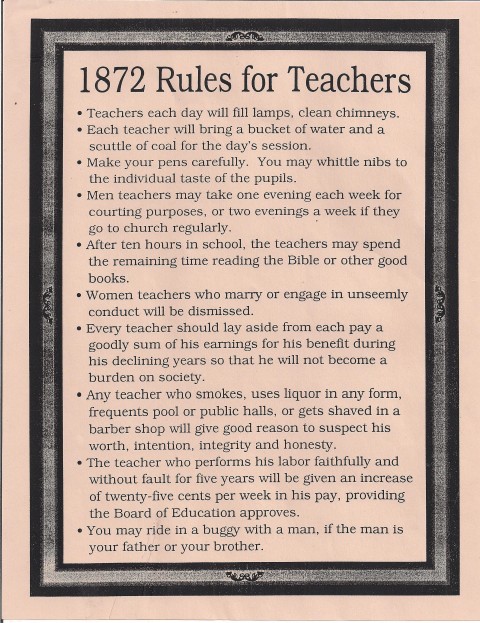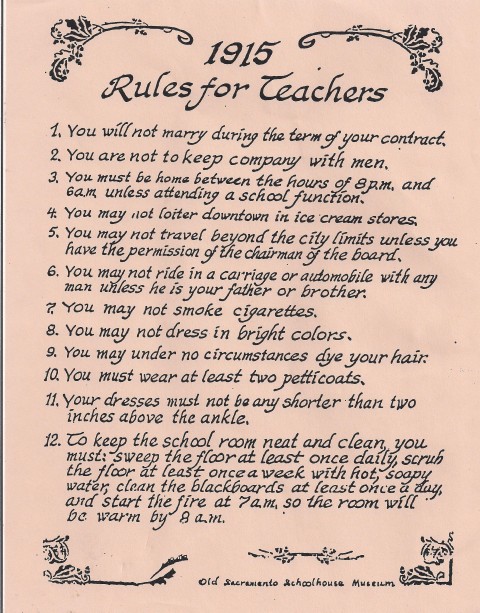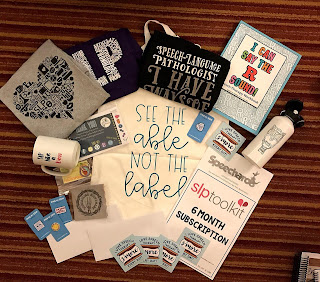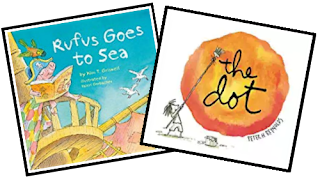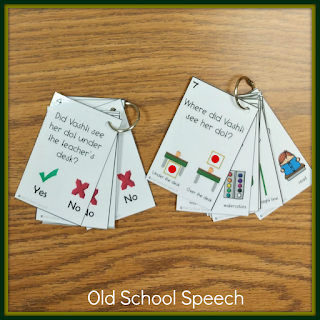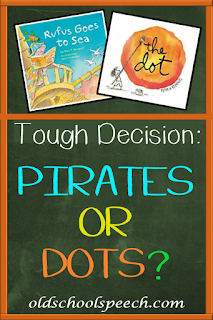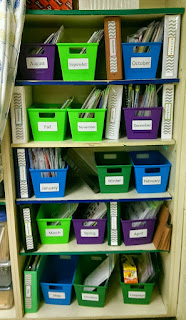Do you know what you would do
if you had the worst day of your life? I'm not talking about the day when you wake up to the dog vomiting (or peeing), the baby won't eat, your teenager throws a fit because his/her hair isn't perfect or that outfit isn't washed, then you get a speeding ticket on the way to work, etc. You get the picture. No, I'm talking about a truly horrible day: a day when
your school ends up on national news. A day when the unthinkable happens: someone comes to your school and opens fire.
I need to preface this post by saying that I have never had to live through the worst day of my life & I hope that I never have to. I am not an expert on this situation; I only wanted to pass on some take aways that I had from Active Shooter Training provided by our local Sheriff's Department.
A Change in Attitude and Emotions
How sad is it that school employees even have to go to this training? I have to admit, I was not happy that I had to spend my first morning back after summer vacation going to Active Shooter Training. As the morning progressed, my emotions changed. I started taking notes to pass on key points that were made just in case anyone doesn't have that training. I took pictures of slides so I wouldn't forget anything or misquote what was said. (I'm sure I looked like quite the nerd doing this, or that the officers providing the training thought I was texting.)
One of the first things the first officer said was this really should be called "Active Attack", not "Active Shooter", since not all events involve guns. There have been killings through the use of vehicles.
A USA Today article lists 15 incidents of vehicular killings through the world. These occurred both in the USA, Canada, and Europe.
In any attack, we have 3 options: Run, Hide, or Fight. There has been no definitive profile in these attackers; there are some similarities between some of them but there is also some variance. Mental illness is one commonality, but we all know how often mental illness goes untreated. Instead of a profile, risk factors have been identified:
Believe it or not, schools are not the #1 place for mass attacks, commerce is more likely almost twice as much. Schools are the #2, followed by outdoors. 45% of attackers have no connection with the location of the attack.
In one of the videos we watched, when police arrived on the scene of the attack they stepped over victims. Their #1 priority when arriving on the scene is to stop the attack. In determining who dies, a couple of factors were outlined: How quickly law enforcement arrives and target availability. Our local law enforcement timed how long it would take them to arrive to any of our schools: they have it just under 3 minutes. If I'm not mistaken, the average time in the USA is 5 minutes. Who is going to buy the police time? We are. Our job in this situation is to buy them the time to get there. Law Enforcement is not going to be the first on the scene. We're already there and it's our responsibility to keep our kids safe until they arrive.
Buy Law Enforcement Time to Arrive on the Scene
Throughout the training the officers stressed the importance of knowing your surroundings and running through your plan should an attack happen. They stressed that if you can, run. Try to bring anyone you can, but if they slow you down by resisting leave them behind. We don't know how we will react when we are put in that situation and chances are we want to help as much as we can. But we have to help ourselves first. If you're trapped and can't leave, barricade the door with anything you can find. If you make it hard for the attacker to enter, he'll leave. My SRO said that the attacker knows he only has a very few minutes before police arrive and he/she isn't going to waste time trying to get into a room. If you can't run and there's nothing to use as a barrier, then hide. Fight if you can, but if you are going to fight, be committed.
We listened to a 9-1-1 call from Columbine High School. This staff member was truly under diress as she talked to the operator. She did what she thought she should during the incident; she tried to keep her students safe but was unsuccessful. The shooter was right outside of her door when she called and she didn't feel it was safe to go to the door to lock it or to try to barricade the door. They were trapped and they paid the ultimate price for it. She tried, but she hadn't had training for that situation.
That is why having this training is so important.
Get to the 3rd Stage Quickly By Being Prepared
There are 3 stages of disaster response: Denial, Deliberation, and Decisive Moment. The officer cited a book by Amanda Ripley:
The Unthinkable: Who Survives When Disaster Strikes- and Why. (not an affiliate link)
Denial: How many times do we hear/see something and it takes a few seconds for it to register? How many times do we try to dismiss what we heard as something else? My son was at an outdoor music festival over the summer. One of the rappers thought it was a good idea to use gunshots as part of his show. My son said he heard one shot and thought "okay, that was just one." But then he heard more. He said he looked around and realized it was part of the show but a lot of people hit the dirt. Fortunately it was part of the show and wasn't real.
We were shown a video clip of The Station Nightclub Fire. This happened in 2003 and was caused by a stage manager using pyrotechnics as part of the show. The result was that the stage curtains caught on fire and the whole place was ablaze in 5 minutes. In the video you can see the curtains catch on fire but people are still standing around, thinking it was part of the show. Once they realize it isn't, they left the way they came in because they didn't know there were other exits. A diagram of the building shows there were other exits that could have been used. One wasn't used because it was blocked. Biggest takeaway from this: If you have even an iota of thought that what you hear is gunshots, treat it as such. If you have any thought that what you see or hear isn't right, treat it that way and get the heck out.
Deliberation: This is when you need to shift your emotion from fear to anger. When we're afraid, we freeze. But when we're mad, we act. Once we realize that what we hear/see is putting us in danger, we need to act. We need to get angry. Once we are able to shift to that emotion, we're able to do what we need to do to survive.
The officer compared the human brain and "puppy dog brain". The human brain is conditioned for flight, fright, freeze whereas the puppy dog brain reaction is fight, flight, feed, reproduce. The main idea here is that it is an
innate reaction when we are faced with a situation to run, freeze, or be frightened. If you put a dog in a situation where he is cornered, he will try to run but if he can't, he will fight. No one teaches a dog to do any of those things; they are innate behaviors. This relates to an active attacker in the way that we have to rehearse in our mind (if not physically) what we would do if we are put in this situation. If we have no pre-programmed responses, we react on impulse. If we freeze our heart rate increases which will keep the brain from doing its job. It won't be able to flip through the scenarios we have in our memory bank for a reaction.
Decisive Moment: Avoid/Deny/Defend suggest that we have to get through the first 2 stages quickly to get to this moment when we act. It is imperative to do that to survive.
As I said above, when law enforcement arrives their first priority is to stop the attack. If there are wounded and you are safe, know what to do to help them. Homeland Security has an initiative called
Stop the Bleed. It's purpose is training so that survivors will know how to help those victims who are bleeding until medical help arrives.
How to Stop the Attack
The biggest way to stop an attack is identify the attacker before the killing begins. How do we do that if there is no definitive profile? Several "commonalities" have been identified:
As educators we have to pay attention. We have to report what we observe and see to our supervisors and to proper authorities. If we watch and observe we have time to catch a probable attacker in one of their 5 phases:
Fantasy: They will share their feelings with others but it is often dismissed as "crazy talk"
Planning: typically very hate filled; he will describe intricate intentions
Preparation: This is the phase in which they can be caught. They will gather items and intelligence
Approach: They will be physically on the property before the attack. This is the "smallest but greatest" window of opportunity to stop the attack.
Implementation: Our only solution at this point is to ADD (avoid, deny, defend).
I am probably the least observant person there is on the face of the earth. We were strongly encouraged to always be aware of what's going on around us. This training really opened my eyes wide to what I need to do to survive and to make sure my colleagues and students survive. It's frightening to think that I may be put in that situation some day, but the officer told us "Don't be scared, be prepared".
What the Heck is Going On?
The officer cited books by Dave Grossman as an offering to why attacks on our schools are happening. We all know kids whose parents aren't parenting, they're "friending". They allow their children to play violent video games. As a child's brain matures, what goes in is programming their brain. It is helping to develop the moral code in that child. I found this quote by Dave Grossman in his book
On Combat: The Psychology and Physiology of Deadly Contact in War and Peace: "90% reduction in violence among boys who had video games and tv removed." (
Goodreads- not an affiliate link) Another quote (also from
Goodreads): "if we drill our children on mass murder simulators, that too will be a reflexive, autopilot skill that is available to them at some tragic moment of truth." I have a friend who told me that at her school in another state, they do the simulation drills. We all think it can't happen to us but looking at Columbine, Sandy Hook, Parkland, and Virginia Tech we have to realize that it could happen to any of us at any time. I'm not sure if the officer was quoting Dave Grossman when he said this, but it is a scary thought: "We have just scratched the surface of violence in this country."
Again, how sad is it that we have to have a personal plan in place for survival when we are at school? Sad, but this is a reality that we all have to be prepared for if you had the worst day of your life.
HUGE shout-out to the Blount County (Tn.) Sheriff's Department for providing this amazing training to the educators of the school system.
This post in no way takes the place of training by the proper officials. If your school system/facility does not offer training, I would highly encourage you to recommend that your supervisor contact local authorities for proper training.














